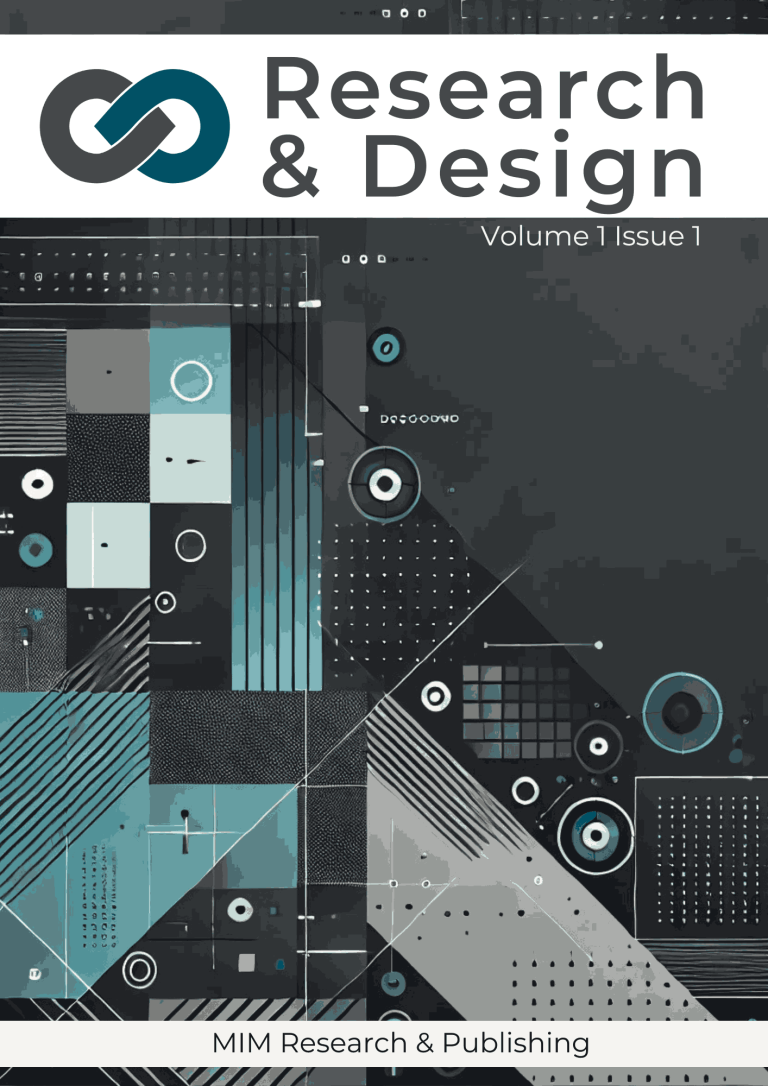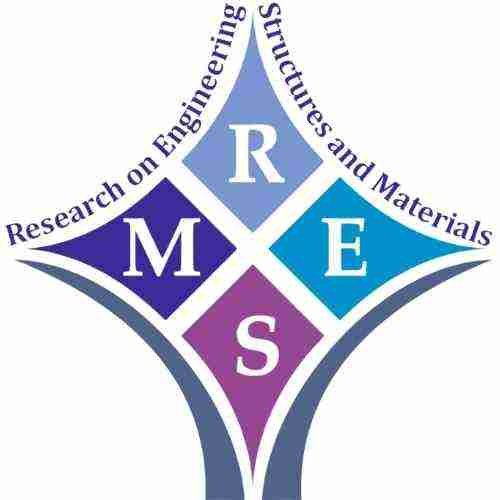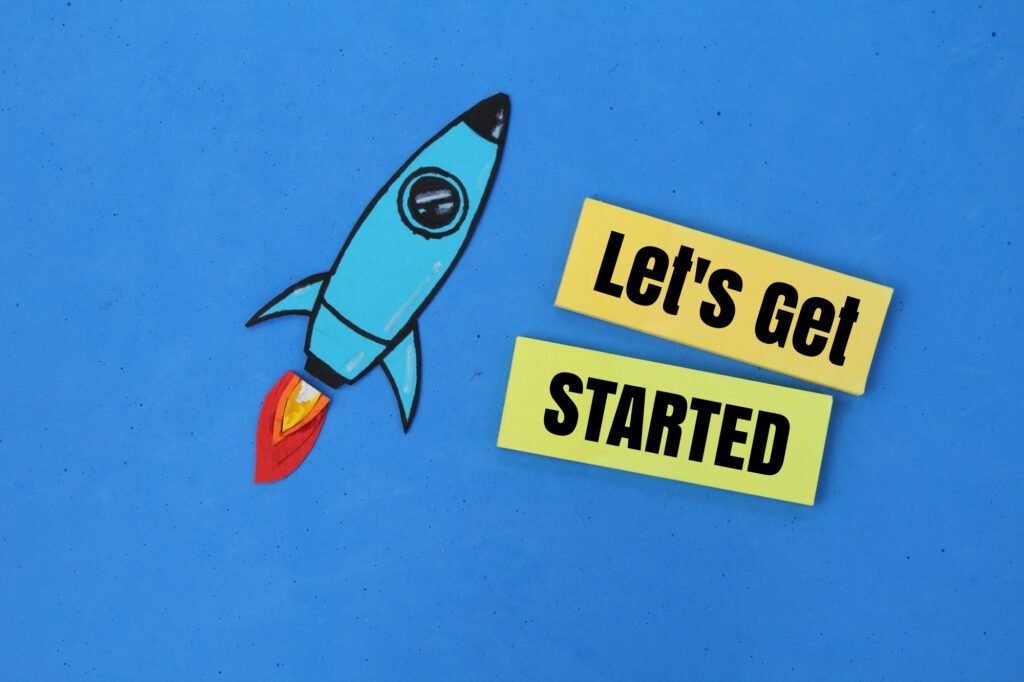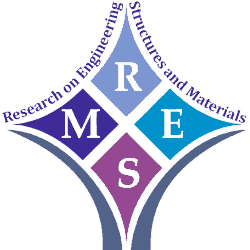Publishing collaboration
Special issue proposal
Research & Design (REDE) welcomes proposals for special issues on emerging topics or to facilitate the broader dissemination of research presented at conferences or similar events. Special issues provide an opportunity to spotlight innovative research themes, encourage collaboration, and advance knowledge within the fields covered by the journal’s scope.
Proposal requirements
Guest editors
•A special issue may be proposed by an individual or a team of 2–3 guest editors.
•For teams, the proposal must clearly outline the division of responsibilities among members.
•Guest editors should have demonstrated expertise in the proposed topic, as evidenced by their academic achievements and professional contributions.
•Ideally, the guest editorial team should include researchers with an h-index of approximately 15 (Google Scholar). Exceptions may be made for emerging topics of significant current interest.
Documentation
•Include a detailed resume/CV for each proposed guest editor.
•Provide links to their Google Scholar profiles.
Topic relevance
•The proposed topic must be of current interest to researchers, professionals, or technical practitioners.
•Objective evidence, such as recent studies, citation data, or metrics from scientific indexes, should be provided to demonstrate the topic’s significance. For emerging fields, justification based on trends or innovations may suffice.
Proposal content
•Suggested title of the special issue.
•Proposed timeline for submissions and editorial milestones.
•Expected number of papers and their approximate length.
•A draft call for submissions, including key themes and topics to be addressed.

Common mistakes in special issue proposals
To ensure efficient evaluation and prevent unnecessary delays, please avoid the following issues:
•Missing required details, such as guest editor qualifications or special issue specifics.
•Proposing overly general topics that lack a focused, timely theme of interest.
•Guest editor teams that do not meet the qualifications outlined above.
•Insufficient evidence demonstrating the topic’s scientific or technical importance.
Submission process
Proposals should include all the required information and be sent to jrede@jrede.org. Note that the peer review process for special issues must adhere to the journal’s open and transparent review standards. Guest editor decisions are subject to audit and, if necessary, may be overruled by the Editorial Board to ensure fairness and quality.
Guest editor responsibilities
Guest editors will play a key role in managing and delivering the special issue. Their responsibilities include:
•Circulating the call for papers and inviting submissions.
•Managing the journal’s web-based submission system, including assigning reviewers and communicating with authors.
•Securing at least three subject-expert reviewers per paper and making editorial decisions based on at least two review results.
•Coordinating the editorial process with the Editor-in-Chief.
•Ensuring deadlines are met and delivering the final issue on schedule.
•Communicating professionally and ethically with all stakeholders, including reviewers, authors, and editorial staff.
•Editing and finalizing manuscripts and submitting them, along with copyright forms, through the journal system.
We look forward to your proposals and to working together to spotlight new and exciting areas of research in Research & Design (REDE).





























